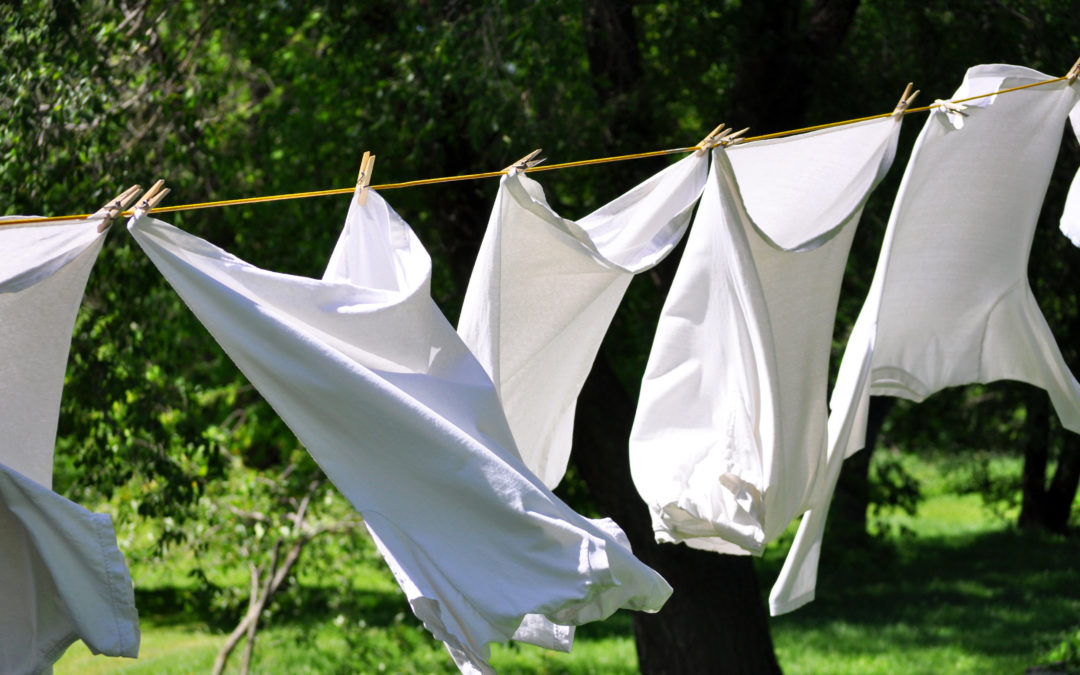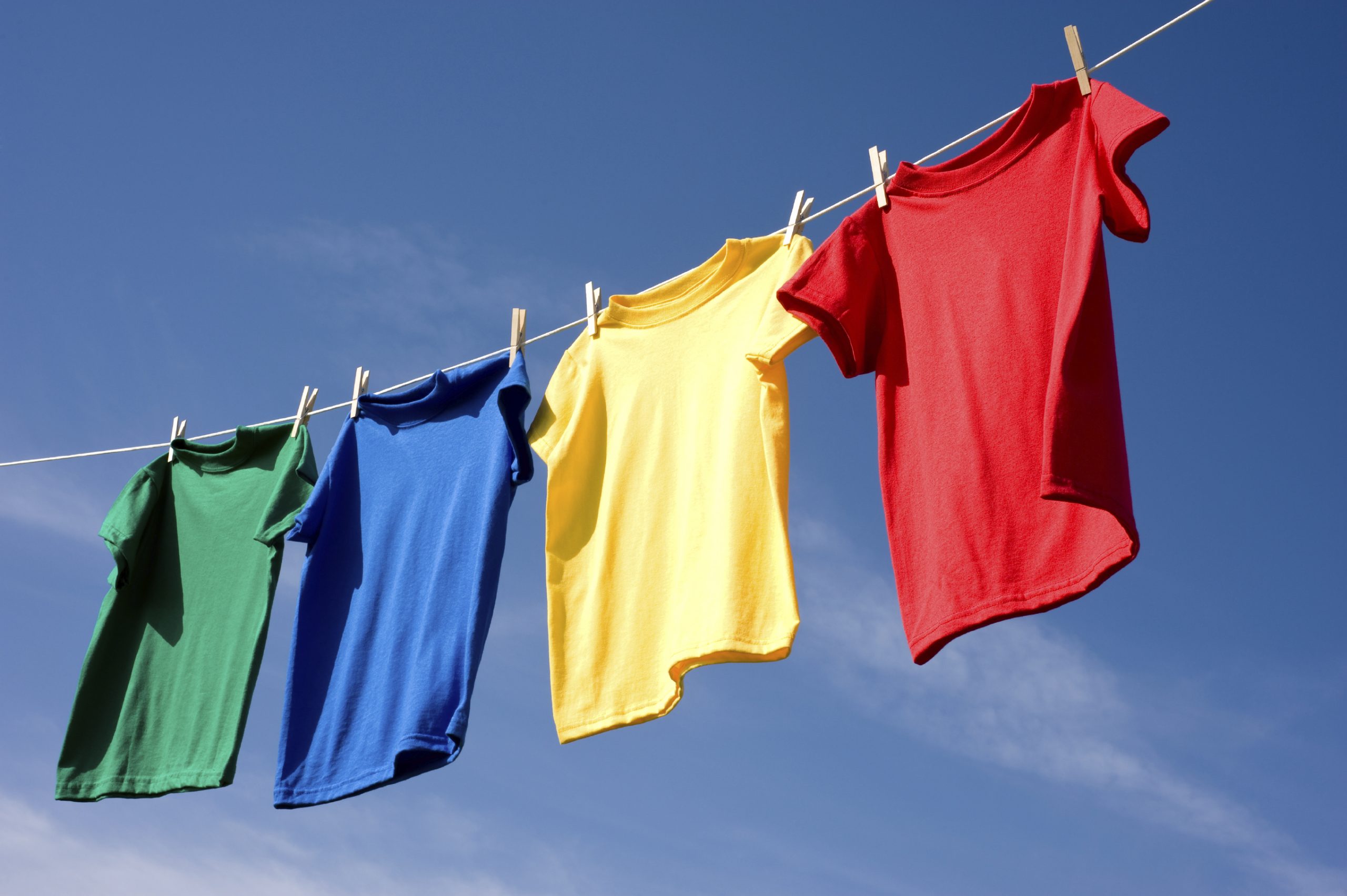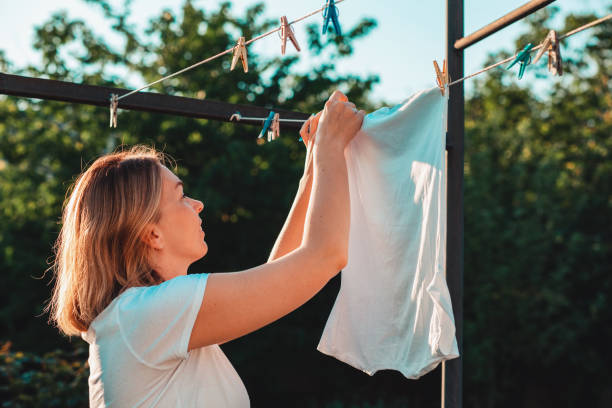
As the sun returns and temperatures rise, the urge to dry laundry outdoors comes back naturally. There’s something irresistible about the scent of freshly washed clothes carried on a gentle breeze.
But behind this idyllic image lies a hidden danger for the millions of people who suffer from seasonal allergies. So, should we really give up drying clothes outside? The answer might just surprise you…
Spring’s Arrival: Not So Sweet for Everyone
Every year, starting in March, spring marks the beginning of a long ordeal for those allergic to pollen. Hay fever—also known as allergic rhinitis—affects nearly a third of people in France. With constant sneezing, runny noses, itchy eyes, and chronic fatigue, this time of year is anything but restful.
From April to September, different types of pollen take turns dominating the air: first from trees, then grasses (from May to July), and finally weeds through the fall. In other words, the great outdoors becomes a full-blown cocktail of allergens.

Why Drying Laundry Outside Makes Symptoms Worse
When you hang clothes or bedding outside to dry, they act like magnets for pollen. These tiny particles, naturally sticky, cling to fabric fibers throughout the day.
The result? As soon as you bring the laundry inside, you’re also bringing pollen into your home—and onto your skin, hair, and bedsheets. No wonder your allergy symptoms might suddenly spike without any obvious cause.
It’s basically like leaving your clothes in the middle of a blooming field during peak allergy season… and then taking them straight into your bedroom.

Smart Habits to Reduce Pollen Exposure
Thankfully, a few simple habits can go a long way in limiting your exposure. Here are some tips from environmental health experts:
- Dry your laundry indoors, ideally in a well-ventilated room, or use a tumble dryer.
- Wear sunglasses outside to protect your eyes from pollen.
- Use a hat or cap to keep pollen from settling in your hair.
- When returning home, wash your hair, change clothes, and take a shower to remove any lingering pollen.
- Avoid touching freshly cut grass or standing nearby right after mowing.

What About Treatments?
Unfortunately, there’s no magic cure for hay fever. But treatments like antihistamines, nasal sprays, and eye drops can help relieve symptoms. Still, prevention remains your strongest ally.
Experts emphasize this: small changes to your daily routine—like how you dry your clothes—can significantly improve your quality of life during allergy season.
Adopting a few simple habits can make a world of difference for allergy sufferers. Don’t let pollen sneak into your home on your laundry! You may not be able to control the air outside, but you can protect your indoor space—and make spring much more bearable.



